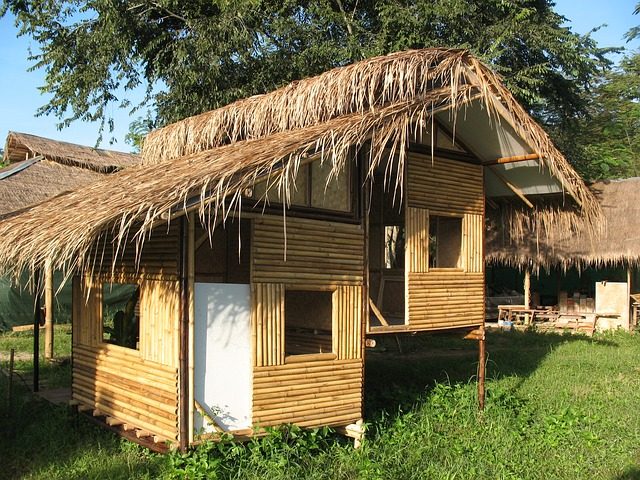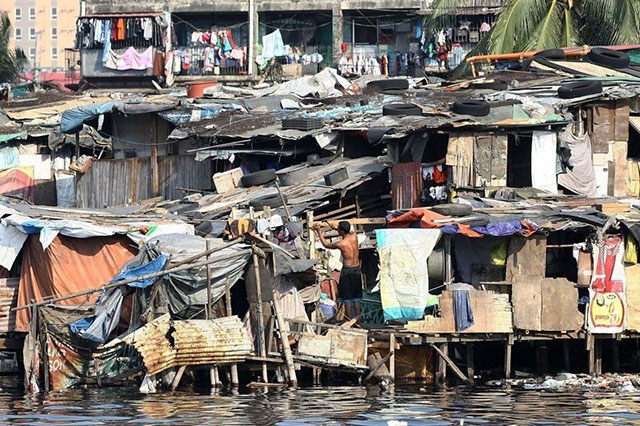
BANGKOK — The creator of a low-cost house made of bamboo to tackle the chronic shortage of affordable housing in the Philippine capital has won a top international prize to design future cities in a rapidly urbanizing world.
Earl Forlales, 23, won the first prize from the Royal Institute of Chartered Surveyors (RICS) in its Cities for our Future competition. The prize money of 50,000 pounds ($63,915) will fund a prototype, as well as actual units.
The house, known as CUBO, uses engineered bamboo and can be put together in four hours at a cost of 60 pounds per square meter, according to a statement released Thursday.
The modular housing, which can be manufactured in a week, includes design elements such as a tilted roof that captures rainwater and reduces heat gain, and elevated stilts that prevent floodwaters from entering the home.
“The world’s cities are growing all the time and there is a real need to make sure they are safe, clean and comfortable places to live in,” said John Hughes, competition judge and president of RICS.
“Earl’s idea stood out for its simple, yet well thought through solution to the world’s growing slum problem,” he said.
Of Manila’s population of 12 million, about a third live in slums, possibly the most in any urban area in the world, charities estimate.

Many residents are migrants from the provinces who come in search of better opportunities and cannot afford housing. An additional 2.5 million migrant workers are forecast to move to the city in the next three years.
The National Housing Authority last year committed to building 800,000 homes over five years. The backlog for government housing in the Philippines is about 5.5 million, campaigners estimate.
Forlales, a graduate in material science engineering, said he took inspiration for CUBO from the bamboo hut his grandparents lived in outside Manilla.
CUBO will first be used to house the incoming worker population in the short term, and then extended to the city’s slums. The plan also includes options to provide residents with new skills and jobs, Forlales said.
“The affordable housing solution must necessarily be low-cost, sustainable, robust and long-lasting. We cannot make do with band-aid solutions,” he told the Thomson Reuters Foundation.
“Housing opens up opportunities, so the solution must be decent and dignified, giving residents access to all necessary amenities for a better life,” he said.
CUBO can be built in any city where bamboo is available, including most of Southeast Asia, and parts of Africa and Latin America, he said.
The inaugural Cities for our Future competition — run by RICS and supported by the United Kingdom National Commission for UNESCO and the Association of Commonwealth Universities — drew more than 1,200 entries. ($1 = 0.7823 pounds) — Reporting by Rina Chandran; Editing by Zoe Tabary



